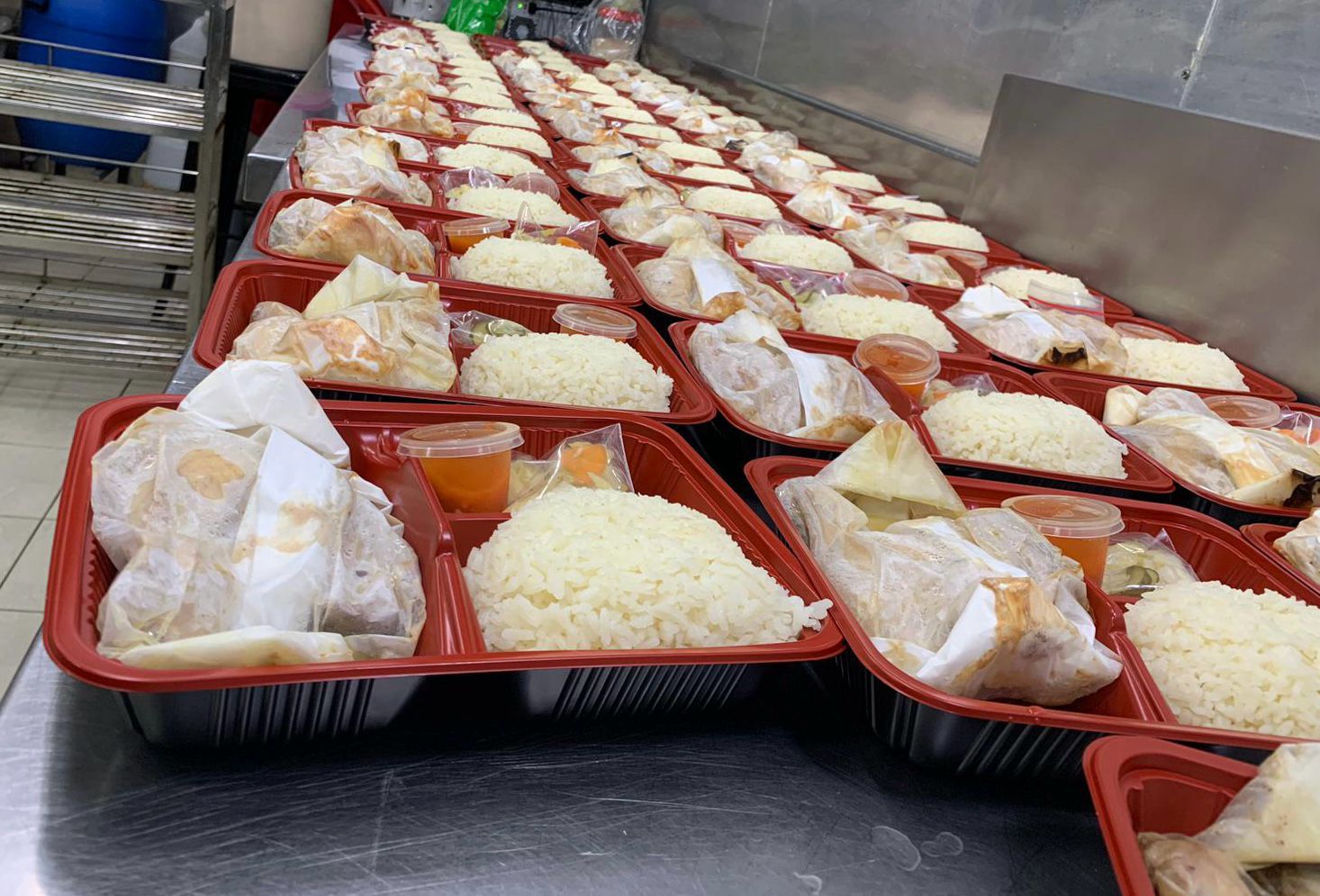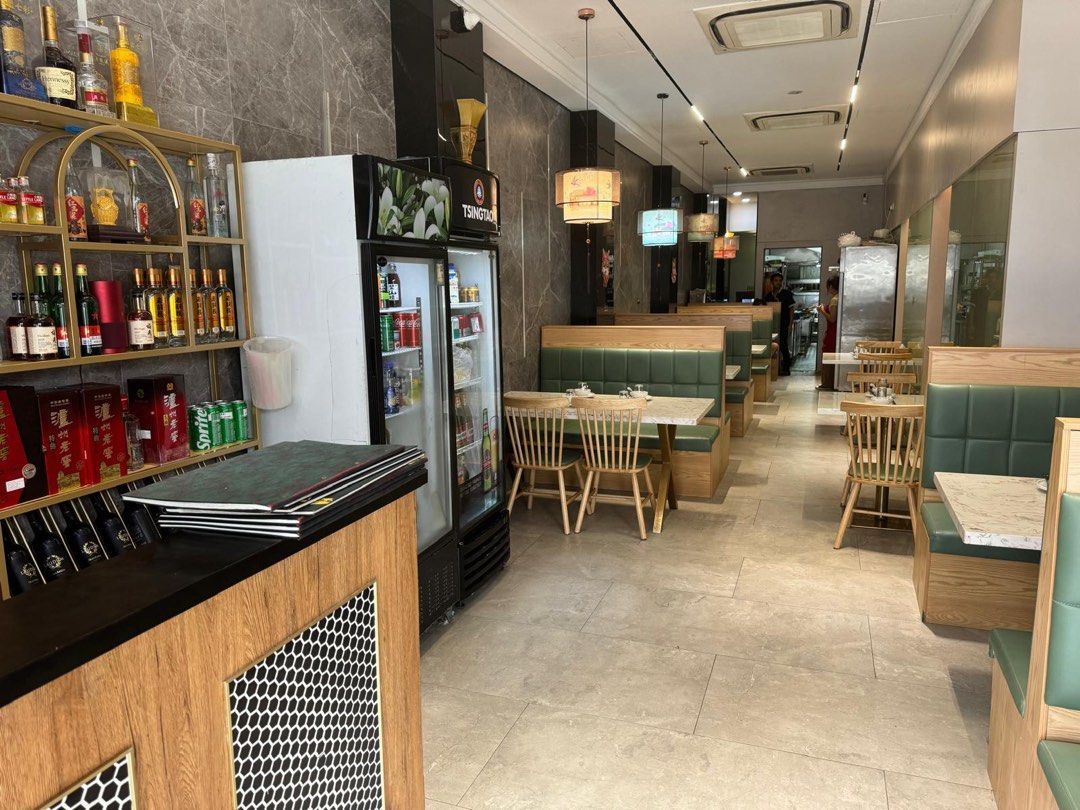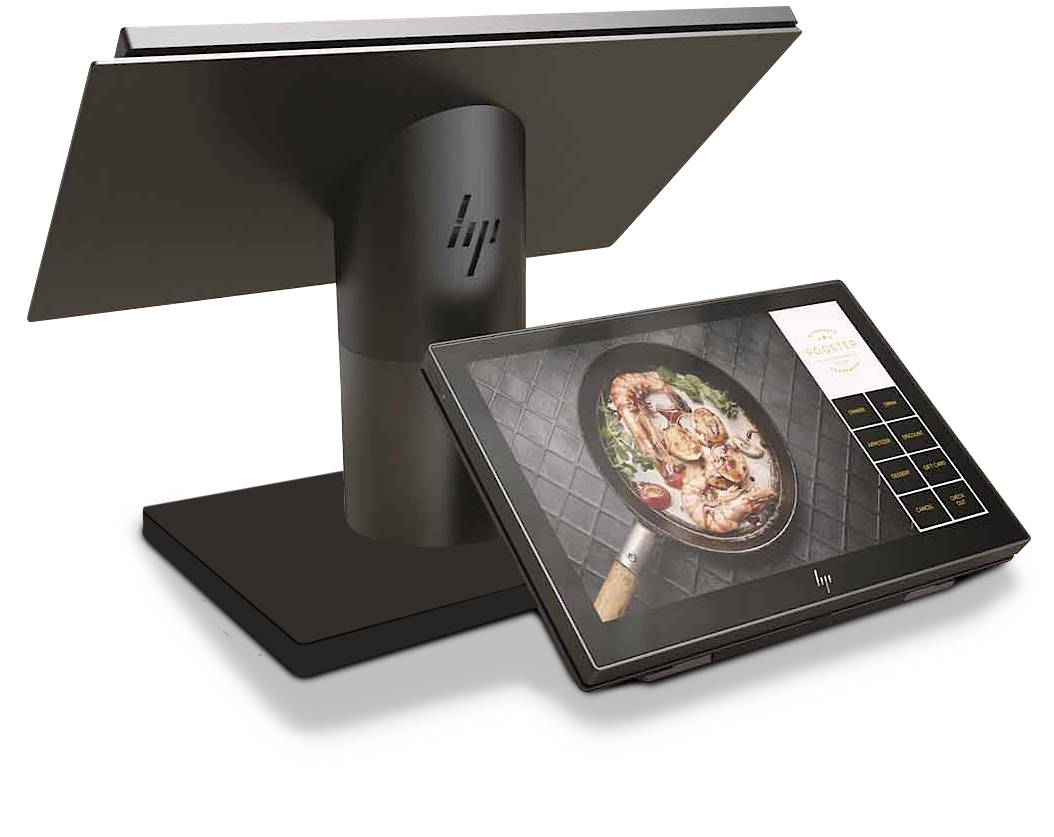As global awareness of environmental issues continues to grow, the F&B industry is increasingly prioritizing sustainability. In Singapore, both major chains and local eateries are leading the charge by adopting eco-friendly practices that resonate with today's environmentally conscious consumers. From sourcing ingredients locally to minimizing food waste, the movement towards sustainability is reshaping the F&B landscape.
The Shift Towards Sustainable Practices
The Singaporean F&B sector is witnessing a significant shift as businesses recognize the importance of sustainability not just as a trend but as a long-term strategy. Consumers are more aware than ever of the environmental impact of their choices, and they are seeking out establishments that align with their values. This shift in consumer behavior is prompting F&B businesses to take meaningful steps towards sustainability.
Sourcing Locally for a Greener Footprint
One of the most impactful ways that F&B businesses are becoming more sustainable is by sourcing ingredients locally. Local sourcing reduces the carbon footprint associated with transportation and supports the local economy. Additionally, locally sourced produce is often fresher, leading to better-quality dishes. Singaporean F&B establishments are increasingly forming partnerships with local farms and suppliers to ensure a steady supply of fresh, sustainable ingredients.
Reducing Food Waste: A Key Priority
Food waste is a major concern for the F&B industry, contributing to both environmental and financial losses. In response, many Singaporean F&B businesses are adopting strategies to minimize food waste. This includes using technology to better predict demand, offering smaller portion sizes, and creatively repurposing leftovers into new dishes. By reducing food waste, these businesses are not only cutting costs but also reducing their environmental impact.
Eco-Friendly Packaging: Moving Beyond Single-Use Plastics
The push towards sustainability in the F&B industry extends beyond food to include packaging. Many businesses are moving away from single-use plastics and embracing eco-friendly alternatives such as biodegradable containers, reusable bags, and plant-based packaging materials. This shift is particularly important in Singapore, where takeaway culture is prevalent, and the environmental impact of packaging waste is significant.
Embracing Plant-Based Menu Options
Another major trend in sustainable F&B is the growing popularity of plant-based menu options. Plant-based diets are known to have a lower environmental impact compared to diets high in animal products. Recognizing this, many Singaporean F&B businesses are expanding their menus to include more vegetarian and vegan options. This not only caters to the growing demand for plant-based foods but also helps reduce the overall carbon footprint of the business.
Sustainability as a Business Strategy
For many F&B businesses, sustainability is not just about doing the right thing—it's also a smart business strategy. By adopting sustainable practices, businesses can differentiate themselves in a competitive market, attract environmentally conscious customers, and potentially reduce operating costs. Moreover, sustainability initiatives often resonate well with younger consumers, who are particularly concerned about environmental issues.
The Role of Technology in Sustainability
Technology is playing a crucial role in helping F&B businesses achieve their sustainability goals. From inventory management systems that reduce waste to apps that track and optimize energy usage, technology enables more efficient and sustainable operations. In Singapore, there is a growing interest in tech solutions that support sustainability, further driving the momentum of eco-friendly practices in the F&B sector.
The Future of Sustainable F&B in Singapore
As sustainability continues to gain momentum, it is likely to become an integral part of the F&B industry in Singapore. Businesses that adopt sustainable practices will not only contribute to a healthier planet but also position themselves as leaders in a rapidly evolving market. With consumers increasingly favoring eco-conscious choices, sustainability is set to become a key driver of success in the Singaporean F&B industry.
Apart from being a sustainable F&B business, making sure your operations are streamlined while being able to grow revenue is important to make your F&B business a sustainable one. If you are looking for solutions such as an F&B POS System, QR Ordering, Online Ordering, Self Ordering Kiosks or CRM Membership solutions for your F&B business, Click here to get in touch and find out more!











